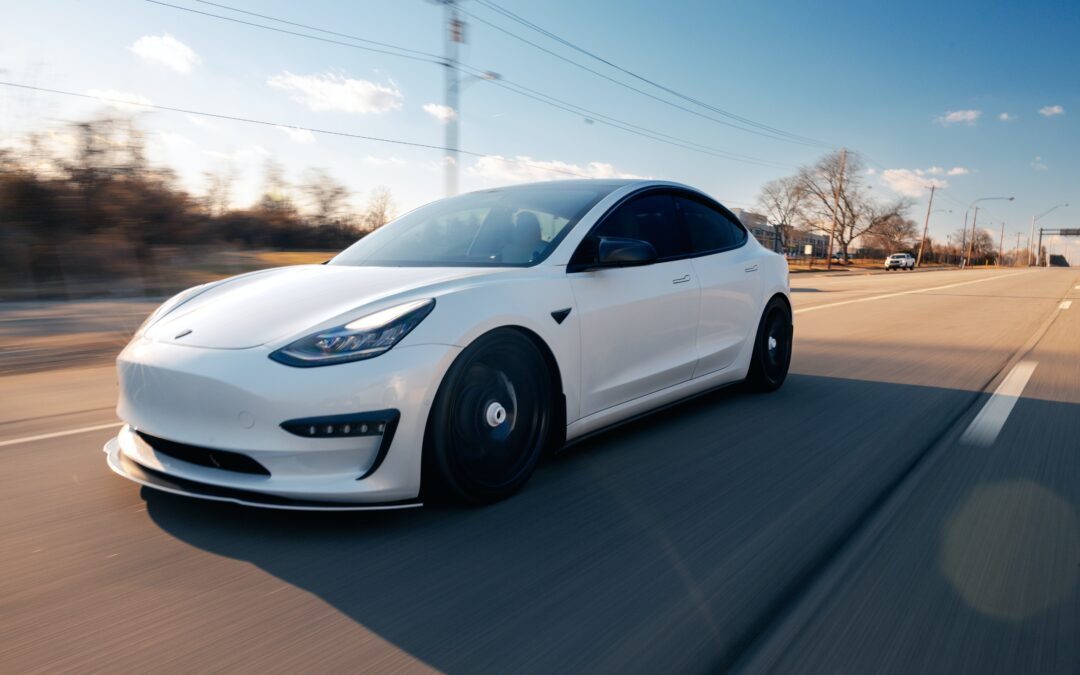Auto executives continue to back off their electric vehicle ambitions as demand lags expectations. According to a survey conducted by KPMG:
Two years ago, executives said that EVs would account for 20 percent to 80 percent of new car sales by 2030. In the new survey, the range of estimates “has narrowed considerably.”
China is expected to have the highest EV penetration rate by the end of this decade, at 36 percent of new vehicles. In the United States, Western Europe, and Japan, penetration is expected to be 30 percent to 33 percent.
“The estimate of EV penetration by executives in our survey are far below those of clean energy advocates. The Rocky Mountain Institute in late 2023 predicted that EVs would account for more than two-thirds of global auto sales by 2030,” KPMG noted.
“Having committed more than half a trillion dollars to the EV transition, the industry is asking when companies will see a return on the investment,” Gary A. Silberg, partner-global automotive sector leader at KPMG in the United States.
“Right now, almost all automakers are losing money on their battery-electric vehicles, possibly presaging a shakeout among EV manufacturers and suppliers.”
NLPC’s Paul Chesser, director of NLPC’s Corporate Integrity Project, criticized General Motors at the company’s 2023 annual shareholders meeting for its electric vehicle fantasies:
A little over two years ago, General Motors and CEO Mary Barra announced that 100 percent of the passenger vehicles the company will sell in the year 2035 will be powered by electricity.
This has nothing to do with climate change, as has been claimed.
Whatever plans GM has to go electric, or any other company’s plans to electrify, will not change the planet’s global temperature one bit.
Meanwhile a switch to a fully electric-powered fleet, and an electric-powered economy for that matter, is impossible, whether you examine it in terms of energy physics, in terms of supply and demand, in terms of basic economics, or in terms of geopolitics.
Even 12 years from now.
Even if GM could get its hands on all the battery metals like cobalt, nickel, lithium and other materials that it needs to make such a conversion, that wouldn’t eliminate all the other logistical problems of creating an electric fleet, or zeroing out greenhouse gas emissions.
Unless GM is willing to pitch in and fix nearly unsolvable problems like electric grid overhaul, like expansion of battery charging stations, like renewable power generation and storage, like NIMBY opposition to wind and solar, and a host of other obstacles, then all that an electric fleet will get you is dependence on nuclear, coal and natural gas, instead of oil and gasoline.
So, I repeat, GM’s all-electric assertions are a fantasy, and have zero to do with climate change.
Meanwhile, Hertz announced it will sell one-third of its electric vehicle fleet in response to a lack of demand. The company said that a portion of the proceeds will be used to purchase internal combustion vehicles. The auto industry is beginning to come around to the reality that electric vehicles will not replace gas-powered cars.
General Motors includes incentives for EV production metrics in its executive compensation plans. NLPC is sponsoring a proposal at the company’s 2024 annual shareholder’s meeting requesting the company to eliminate these incentives.
Not only are the inducements a waste of shareholder resources, but they reduce the firm’s strategic flexibility. GM’s competitors are making substantial investments to meet demand for non-electric vehicles. The company cannot afford to be left behind because of misguided priorities.









